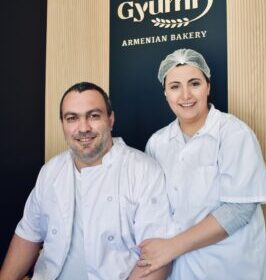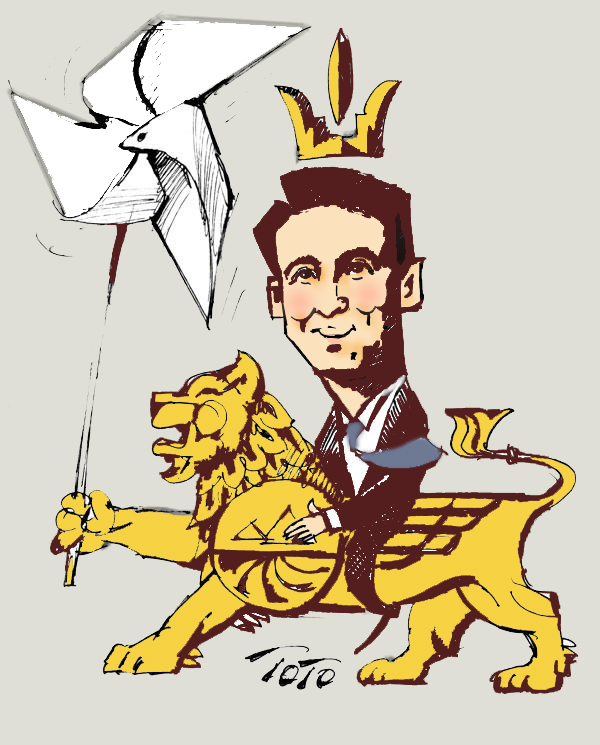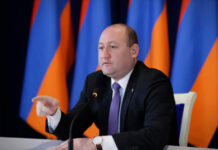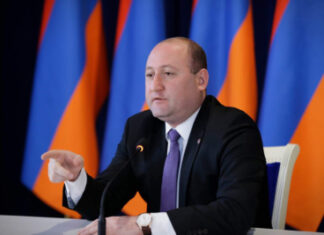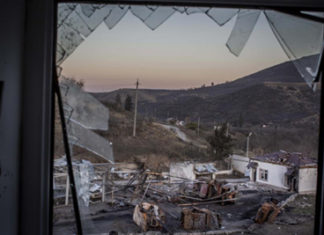Yerevan Mayoral Race Is Dry Run for Parliamentary Elections
By Edmond Y. Azadian These are not ordinary times in Yerevan, nor was the mayoral race ordinary which took place on September 23. The snap election to choose a new mayor for the capital of Yerevan took place following the early resignation of the previous mayor, Taron Margaryan.
The significance of the election will have a far-reaching impact on the political landscape of Armenia, far beyond bringing to power new faces in light of the Velvet Revolution, which catapulted the former opposition leader, Nikol Pashinyan, to the office of prime minister.
Observers in Armenia and the region have been watching the developments which will serve as a bellwether for the emerging political trends in and around Armenia.
It was ironic when Pashinyan announced that by watching the outcome of the Velvet Revolution even Azerbaijani people will bring about a revolution in their own country.
Citizens in Armenia have pinned their hopes on the new prime minister, who has promised modern, organized and efficient governance in an atmosphere of brotherly love and tolerance.
